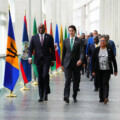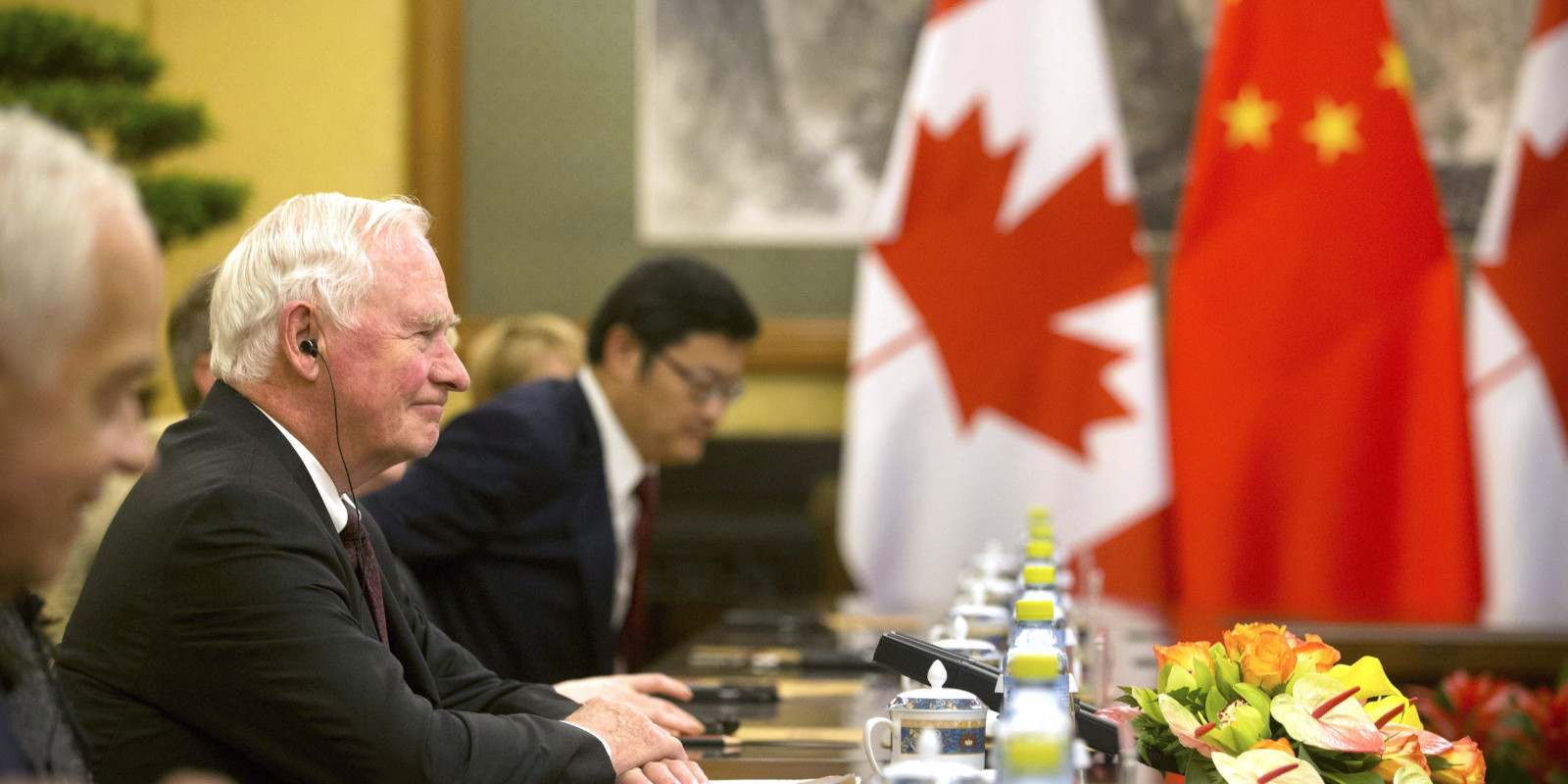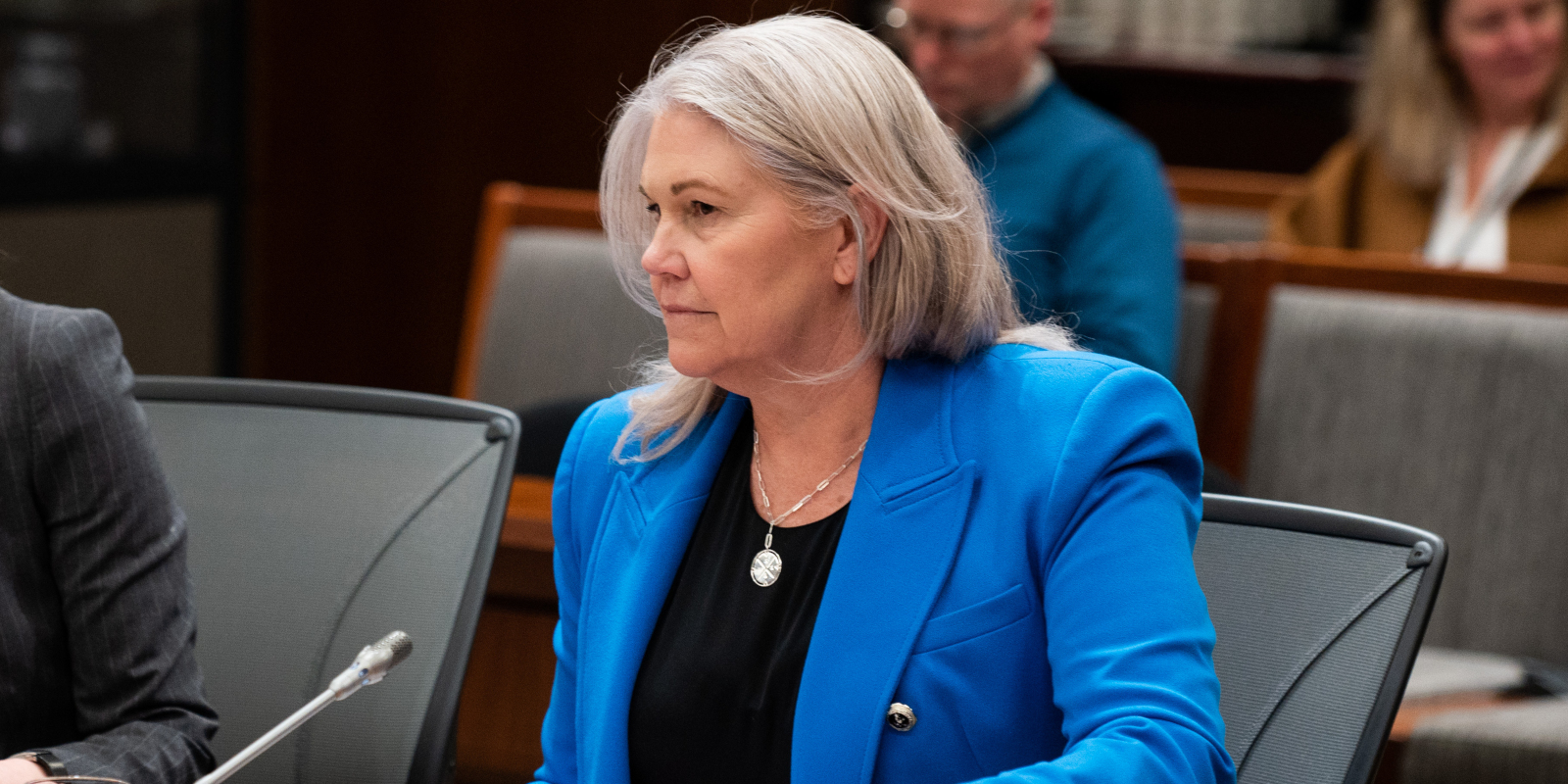A plot by the Chinese government to intimidate Conservative MP Michael Chong and his family in Hong Kong continues to dominate Parliament Hill, but experts are warning that the Chinese Communist Party’s “elite capture” efforts may be a bigger problem.
While the Chinese government works globally to woo high-ranking people, Canada’s political and economic elites may have been the most enthusiastic and possibly the most willing recipients according to high-profile experts, including a former ambassador to China.
“Elite capture, I think it’s a significant problem in this country,” says Christian Leuprecht, a professor at the Royal Military College and Queen’s University and a senior fellow at the Macdonald Laurier Institute. “It’s a problem in terms of the Laurentian elite, the political, economic, and social consensus between Toronto, Ottawa, and Montreal. Look at the key cabinet ministers, they all come from that triangle.”
On March 15, Prime Minister Justin Trudeau appointed former governor general David Johnston to be a “special rapporteur” investigating foreign interference into Canadian elections.
When Johnston announced on May 23 that there would be no public inquiry into foreign interference, he was widely criticized and on May 31, opposition MPs passed a motion calling on Johnston to step down as rapporteur, which he refused to do.
While critics have focused on Johnston’s close relationship with Trudeau, others see a conflict of interest in Johnston’s long history of visiting and promoting China.
While employed by McGill University in the 1980s, Johnston travelled extensively to China and has referred to Nanjing University as his “second home.” Three of Johnston’s children have attended Chinese universities, and Johnston himself has been a guest speaker at meetings of the Canada China Business Council.
The CCBC is an advocacy group that pushes for deeper economic relations between Canada and China.
“The CCP’s basic strategy of overseas influence and interference is to capture elites in politics, business, media, think tanks, universities, and cultural institutions,” says Clive Hamilton, a professor of public ethics at Charles Sturt University in Canberra, Australia. “It deploys a range of techniques including flattery, financial inducement, exploitation of anti-racist and anti-American sentiment, bribery, and honey traps.”
Hamilton says the CCP’s strategy has proven highly successful in Australia and Canada, but the former pushed back far harder after Australia’s government and general public became more well-informed about China’s activities there.
“Key figures in the Liberal Party have long historical ties to the CCP, not least through business connections…” says Hamilton.
Any disruptions to trade between the two countries would also be damaging to some key Canadian industries. A recent canola dispute cost the industry approximately $2 billion because China accounts for 40 percent of Canadian canola exports.
“It’s not like the minister is gonna tell the (Chinese) ambassador that they should stop the meddling,” says Leuprecht. “The ambassador is going to tell the minister that you might want to be a little bit careful what you do here because, otherwise, it might be that some Canadians are gonna lose (their shirts) to China.”
David Mulroney, who served as Canada’s ambassador to China from 2009 to 2012, says many Canadian elites do not get to see China beyond the shiny new airports, modern trains, and towering cityscapes that have been built by its government in recent decades.
“They see the China of the very powerful rhetoric of the Communist Party,” says Mulroney. “I’ve often said that Chinese leaders are what I call CEO whisperers, they’re very, very skillful when meeting foreigners, particularly senior foreigners.”
Mulroney says many people only see the China of their imagination.
“China inspires a kind of excessive affection in people and an excessive sense of wonder and a desire not to apply the usual sort of critical thinking skills, and people are seduced by it,” says Mulroney.
Jean Chrétien and Paul Keating respectively served as the prime ministers of Canada and Australia in the 1990s, and both favoured deepening ties with China during their times in office. Both have worked for, or with, Chinese companies after leaving politics. In Keating’s case, he served on an advisory council of the state-run China Development Bank for 13 years.
To this day, both Keating and Chrétien remain critical of worsening relations between China and the West. Hamilton says Keating and Chrétien were part of a generation that saw the opening of China as a world-historical event that they played a role in.
“When they went to China, they were flattered, cultivated, and co-opted by the CCP using its sophisticated psychological techniques,” says Hamilton. “When they left office, they found riches in Chinese business opportunities that magically appeared before them. They became ‘old friends of China’ in CCP lexicon, which means apologists.”
It has been reported that Canada’s allies in the Pacific, like the United States and Australia, may not trust the Canadian government enough to include them in new security agreements like AUKUS, which is partially aimed at countering China’s geopolitical power in the South Pacific.
While president of the University of Waterloo in 2006, David Johnston oversaw the opening of a Confucius Institute on the campus. With the nominal purpose of Chinese cultural and language education, Confucius Institutes have been accused of performing espionage on behalf of the Chinese government. The institutes have also been accused of promoting the suppression of voices supporting Taiwan and Tibetan independence.
Recommended for You

RCMP spending to protect MPs may have risen 112% since 2018, as Canadian politicians face greater rise in threats

Geoff Russ: A future Conservative government must fight the culture war, not stand idly by

David Mulroney: Foreign Minister Joly, Xi Jinping’s China doesn’t do ‘dialogue’

J.L. Granatstein: Trudeau’s submarine charade










